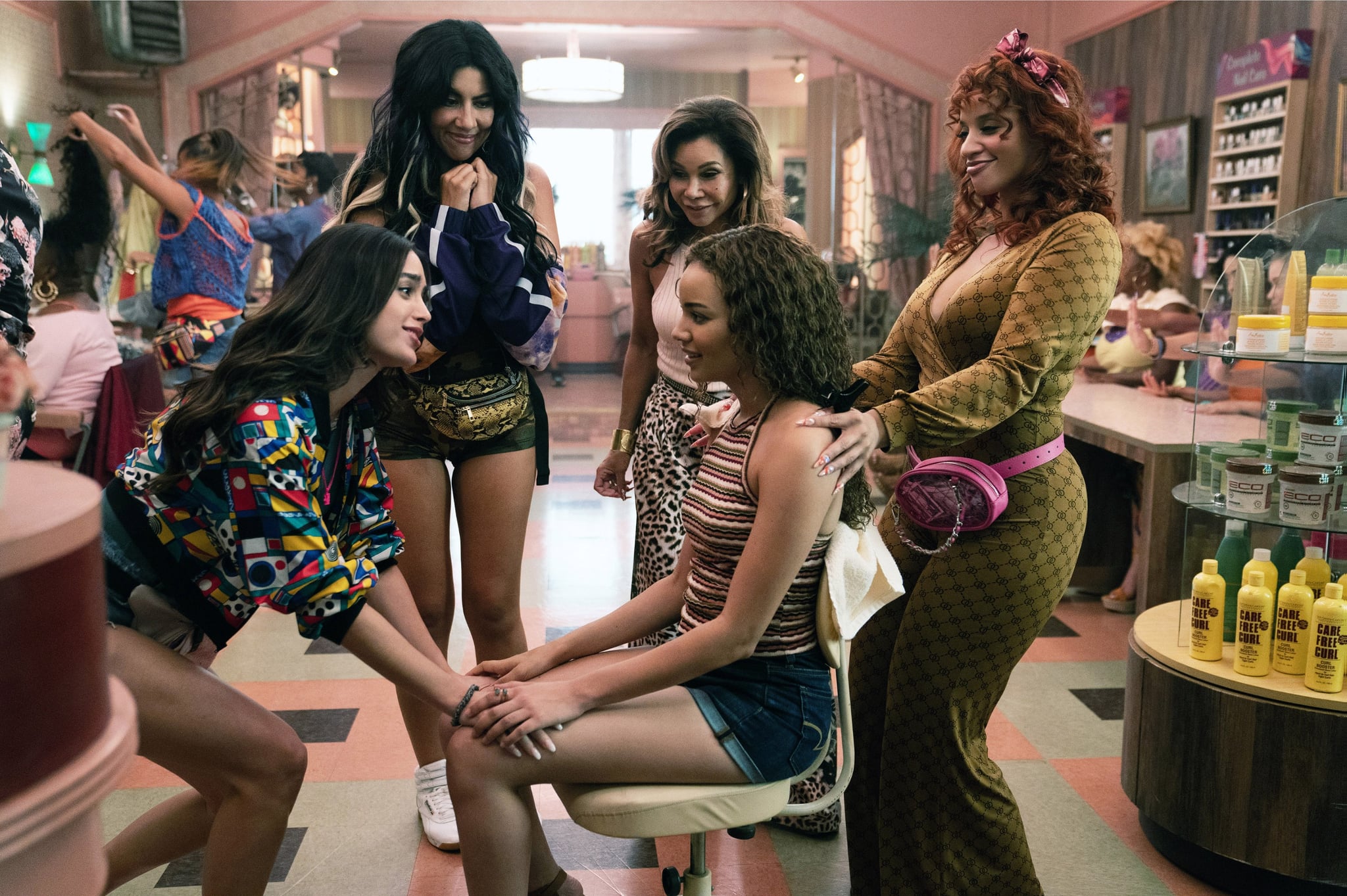In the Heights isn’t just a musical, it’s a movement. It’s showing the world that Latinx stories are immensely important and worth telling. Starring Anthony Ramos, Melissa Barrera, and Lin-Manuel Miranda, the cast is almost entirely made up of Latinx actors and their roles aren’t stereotyped as maids or gardeners. As a Latina myself, it’s not only refreshing to see actors that look like my family and friends on screen, but it’s an incredibly crucial component of authentic storytelling.
With the exception of Selena: The Series, it’s been a very long time since I’ve watched a show or movie where I’ve truly felt seen. I laughed at all the characters’ jokes, I immediately recognized the Maizena and Café Bustelo in the bodega, I danced along with the music, I understood when they spoke Spanish, and I almost felt as if Abuela Claudia (Olga Merediz) was my own grandmother giving me advice. Seeing the idiosyncrasies of Latinx culture being shown in such a positive light gave me an immense sense of pride and joy. It felt like home.
While In the Heights is centered around New York’s Washington Heights community, the struggles the characters face are centered around the same themes that a lot of Latinx community deals with across the US: family, gentrification, and immigration. Nina Rosario’s storyline hit me the hardest. Nina is a first-generation college student who is struggling to fit in at Stanford University. During a conversation with Abuela Claudia, she opens up about feeling isolated and not having a sense of community at school while attempting to live up to her father’s expectations. Nina later reveals that she was searched during moving day at Stanford after her roommate misplaced her pearl necklace.
As I listened to Nina tell her story, I suddenly found myself in tears flooded with memories from my own college experience. Similar to her, I too was the first in my family to go to college, so I know the unspoken pressures that come with that. I know what it’s like to look around a room and see nobody else that looks like you. I know what’s it like to be on your own and wrestle with trying to make your parents proud while also feeling like you’re invisible and constantly questioning whether you actually belong. To be honest, those feelings have never fully gone away, but as Abuela Claudia said, we have to assert our dignity in small ways to show the world that we are not invisible and that’s what I plan to continue to do.
Even though the film is the first time in a long time that I’ve felt seen, the same can’t be said for the entire Latinx community. Leslie Grace, Dascha Polanco, and Daphne Rubin-Vega’s appearances make up the few times Black Latinx actors are featured onscreen. Grace plays the role of Nina, while Rubin-Vegas takes on the supporting role of Daniela, the owner of a neighborhood salon, where Polanco’s character, Cuca, works. Aside from Nina’s story, we never get the chance to dive into the lives of Daniela and Cuca.
While there are a few Black Latinx actors featured in the cast, it would have been much more impactful if they were cast as leads; the main characters are basically a group of light-skinned Latinx actors. Not to mention, the lack of Black representation — in a movie that is based on a neighborhood that is predominantly Black Latinx — is especially blaring. Given the huge cultural impact of this film, I wish the Latinx people who weren’t represented had had the same experience I did, because we all deserve and expect equal representation.
Source: Read Full Article



